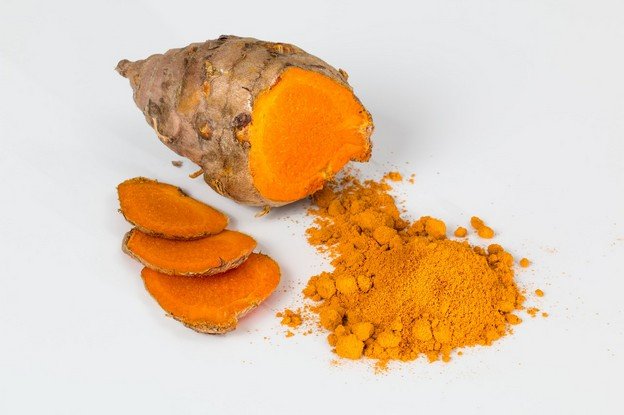Without spices, our meals would be dull, trite, and boring. Even if you only use the absolute basics – salt, and pepper – you will give a brand new dimension to whatever you cook. But the addition of one of the more than 200 types of spices and herbs used in the kitchen, even the most trivial ingredients can be turned into a culinary masterpiece.
Spices are the spice of life forgive the dad joke and their benefits go beyond just lending their aromas to the food we put on the table. There are many that have positive effects on our health – some even deserving to be called “superfoods”.
Turmeric
Turmeric or – as it’s known in some areas Curcuma is a distant cousin of ginger. Its golden roots are usually used fresh (where they grow, of course) or boiled, dried, and ground into a fine powder. This powder is then used in a variety of meals, especially in curries – the warm, bitter taste and earthy aroma of the spice makes it a special ingredient that makes Indian food the hearty experience it is.
It is also a medicinal plant, though. The health benefits of turmeric – or better said its active ingredient, curcumin – are studied as we speak. Until science provides evidence-based confirmation of its properties, let’s see what Ayurvedic healing has to say about it: it is said to help prevent circulatory conditions, Alzheimer’s disease, and some forms of cancer.
It should be noted, though, that right now there is no solid evidence of these alleged benefits. This doesn’t make turmeric any less delicious.
Rosemary
You can’t be indifferent to rosemary – you will either love it or hate it. This aromatic herb grows in the wild in the Mediterranean and some Asian countries, and in flower pots all over the world. It is especially delicious in meat dishes but it’s also a great fit for certain mushrooms, too.
This humble herb has several benefits that go beyond the kitchen. Aside from some of its cultivars being used as decorative plants, as a pest control agent it drives away flies, mosquitoes, and some other bugs. It also has a series of health benefits: improving memory in young adults, there is some evidence that its oil can help with male pattern baldness, and when taken with methadone, it has been even found to improve opioid withdrawal symptoms.
Basil
Basil is the herb that makes Italy’s tomato-based foods taste divine. The leaves can be used fresh or dried, in salads, sauces, on pizza, and in a variety of other dishes. There are several cultivars, each with their unique color and aroma.
Basil is said to have anti-inflammatory, antioxidant, and antibacterial properties. Besides, it has a healthy dose of Vitamin K, Vitamin A, and magnesium all of them vital to a healthy life. As a medicinal plant, it can lower blood pressure.
Black pepper
Black pepper – and its colorful cousins – are a basic spice that is probably there on every spice rack in the world. Pretty much every savory food has the passage “season with salt and pepper to taste” in its recipe. Surprise – it also has its health benefits.

